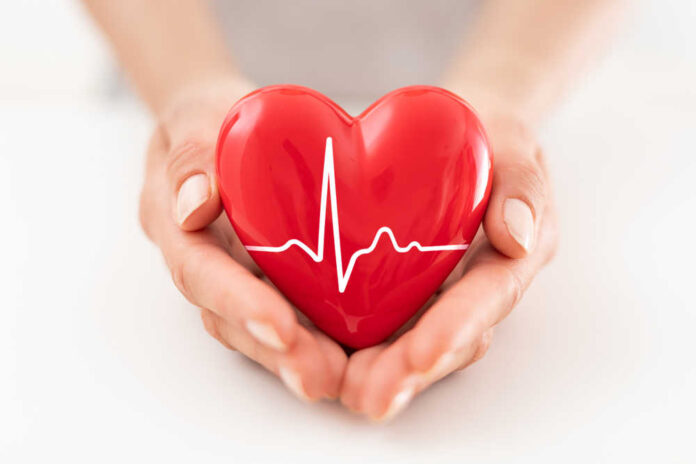
After surviving a heart attack, it’s vitally important to work with your cardiologist on your road to recovery.
Heart attacks are severe, life-threatening events, and they can have a significant impact on your health and wellbeing from now on. You need to make sure that you’re doing everything you can to reduce your risk of complications or recurrent coronary heart disease.
Next time you visit your cardiologist, get as much information as you can about your current condition and what you can do to improve it. Take notes, or even record the conversation on your phone to refer back to it later.
Why Did This Happen?
Your doctors can help you understand the underlying risk factors and causes of your heart attack.
They can help you understand what was happening inside your body in the moments surrounding the event. They will also be able to tell you about how your lifestyle, eating choices, and other habits may have accumulated to put you at risk.
Understanding what put you at risk in the first place is crucial in developing a plan to reduce your risk of having another heart attack.
How Do I Prevent It From Happening Again?
After your cardiologist has given you a clear understanding of what caused your heart attack, they will be able to develop a plan with you to mitigate your risk factors.
This may include changes to your diet, lifestyle, and medication regimen, and you’ll need to be proactive in following through with these changes. These might be big changes that aren’t easy to implement, but heart attacks are a big problem requiring big solutions.
How Does My Diet Affect My Heart Health?
One of the most significant modifiable risk factors for heart disease involves what and how you eat.
You need to be aware of the impact that your diet has on your heart health, and you need to make sure that you’re making choices that will reduce your risk.
Your cardiologist can help you understand the impact of different foods on your heart health, and they can give you specific recommendations for what you should and shouldn’t be eating.
If you continue eating the same foods that put you at risk in the first place, you’re only increasing your chances of having another heart attack.
What Else Can I Do To Improve My Situation
Don’t give up and think that there’s nothing you can do. You can always do things to improve your health and reduce your risk of further heart problems.
Also, don’t expect your condition to improve on its own. Don’t fall into the trap of thinking that you can take a pill and be cured. Medication is only one part of the puzzle, and you need to be proactive in your health if you want to see real and lasting improvements.
Be willing to put in the hard work to make lifestyle changes, and be patient as you see the results of your efforts. It takes time to recover from a heart attack and make substantial changes, but it’s worth it to avoid another one.
Your healthcare team is there to support you, so make sure to take advantage of their expertise. Continue asking questions and getting clarification until you feel confident in your understanding of your situation – confident in your ability to recover, heal, and prevent further harm.






















